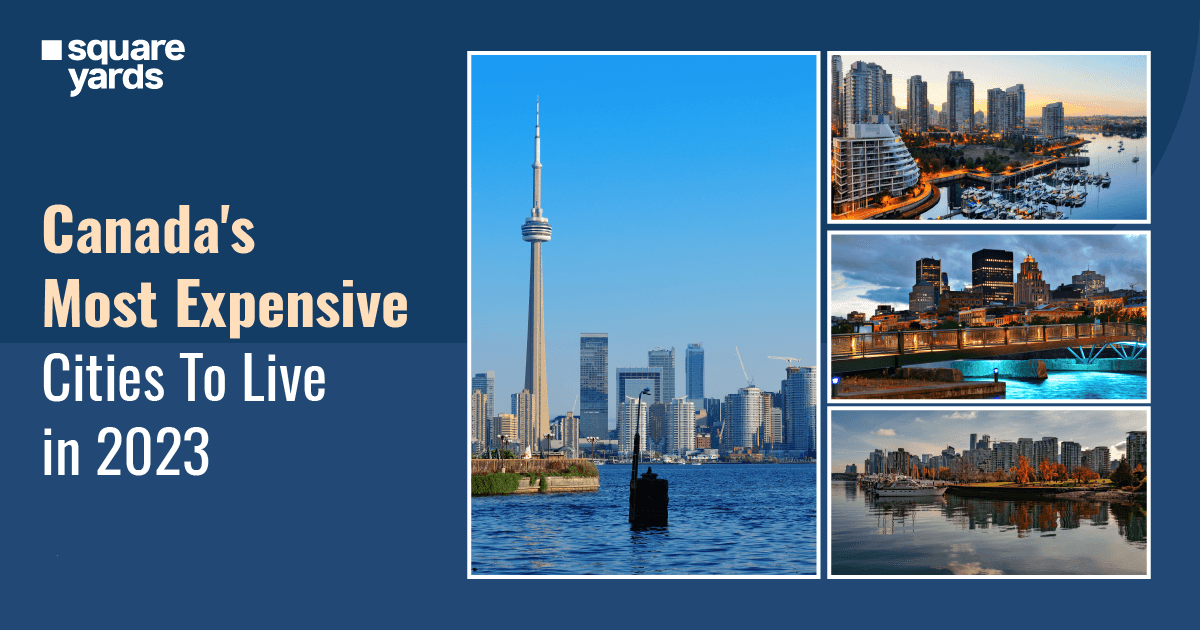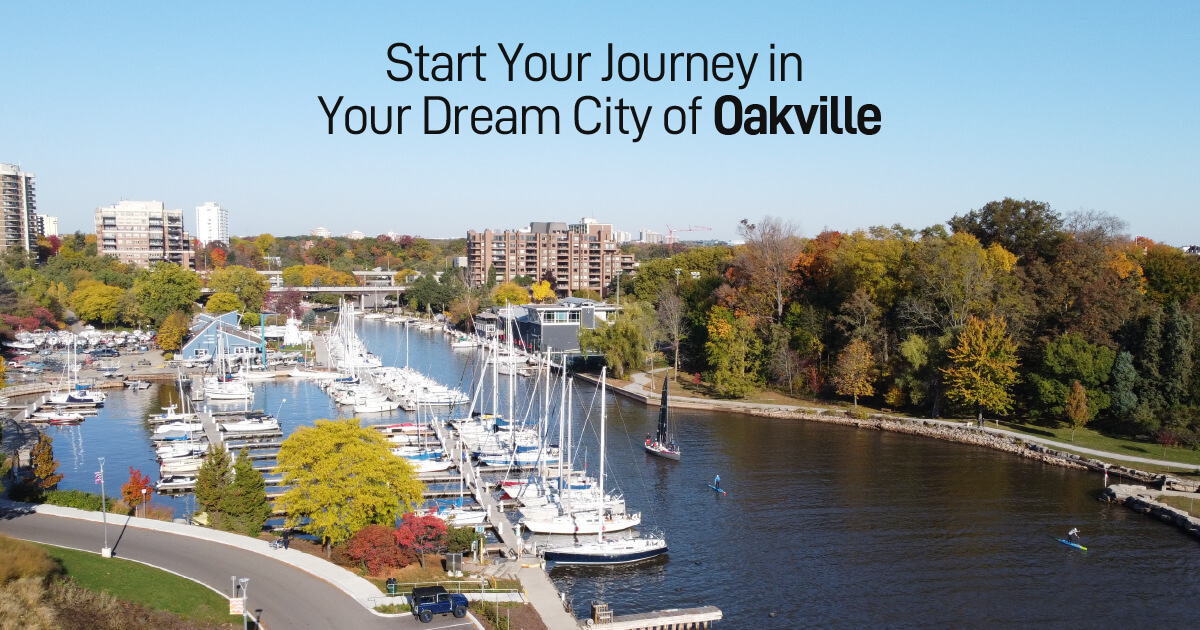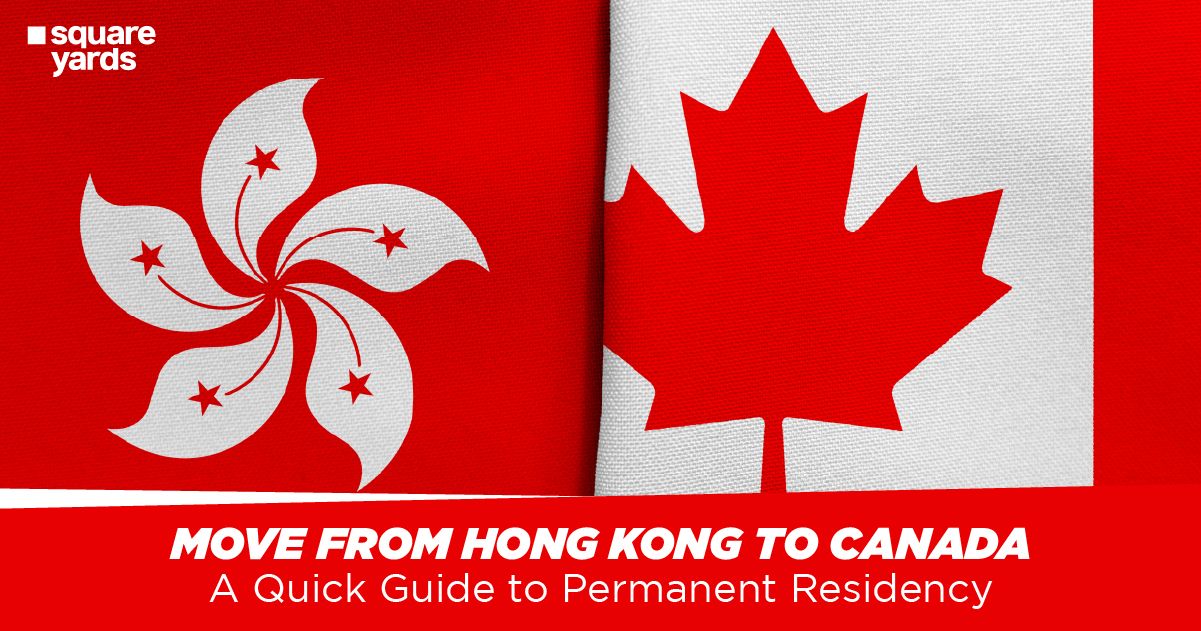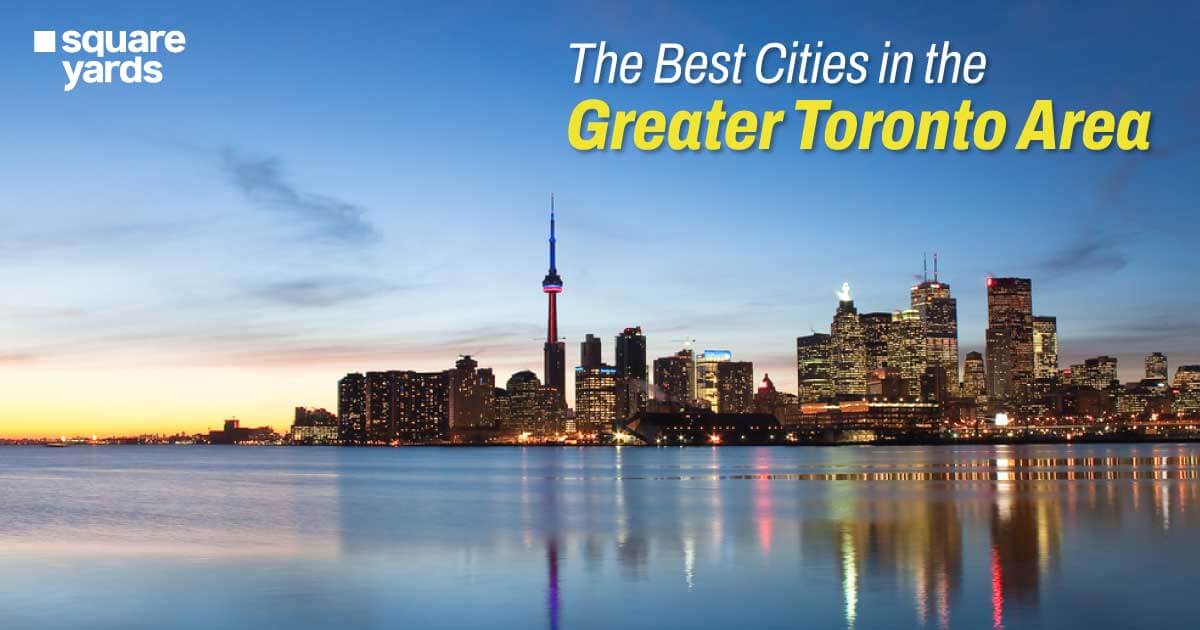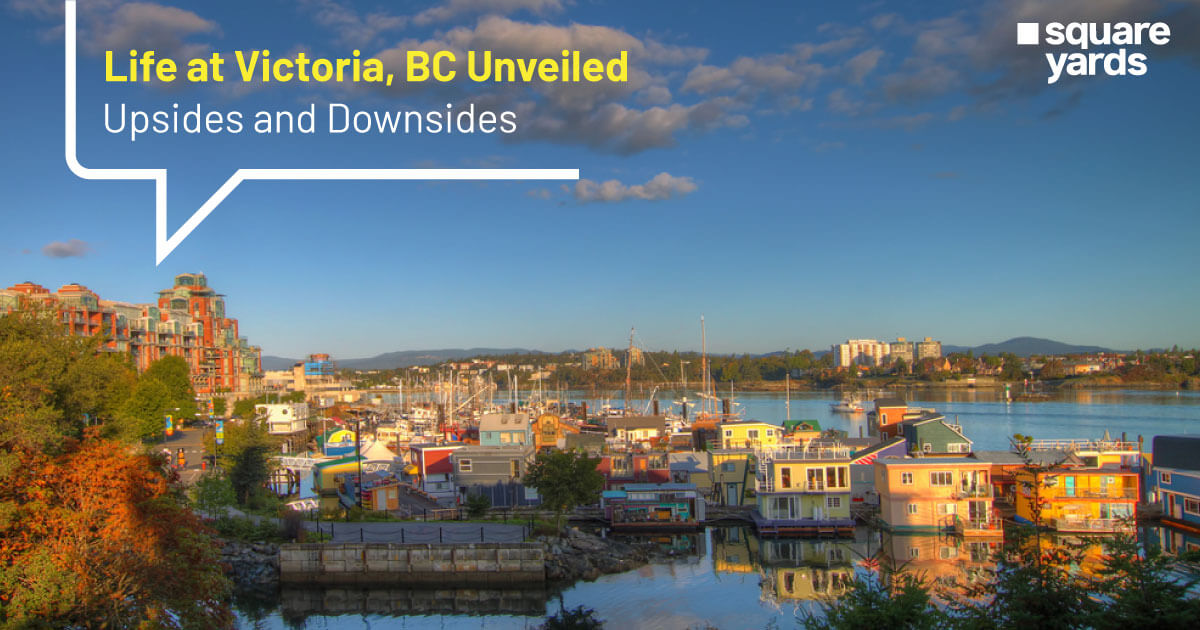Canada is considered one of the best countries to immigrate to for several reasons, and rightly so. Life in Canada has a better quality standard than in most other countries. However, The Canada’s Most expensive cities largely depends on the province you choose to settle in. Is it worth living in Canada, though? That’s the burning question. Some factors favouring this statement are –
-
- Canada has a stable yet strong economy with diverse industries that offer job opportunities to immigrants.
- The country consistently ranks among the top countries for quality of life and access to world-class healthcare and education.
- Canada has immigration-friendly policies with a points-based immigration system prioritising skilled workers, investors, entrepreneurs, and family reunification. The country also welcomes refugees and offers a pathway to citizenship for permanent residents.
- It is known for its welcoming and inclusive attitude towards immigrants worldwide and celebrates its diversity through cultural events, festivals, and national holidays.
- Canadian cities are generally considered safe and secure places to live, with low crime rates and a robust social safety net.
- Canada boasts a range of vast and stunning landscapes and natural wonders, from the Canadian Rockies to the Northern Lights, attracting tourists worldwide.
- Numerous Canadian cities near stunning natural landscapes offer easy access to outdoor activities like hiking, skiing, and water sports.
- Canadian cities are often recognised for promoting sustainable development, and protecting the environment whilst reducing carbon emissions.
These factors make Canadian cities ideal for settling down and building a life as a newcomer or a long-time resident. This article talks about the top 5 Canada’s most expensive cities with detailed information on the cost of living in Canada.
Toronto, Ontario: A Downtown That is Bustling Yet Costly
Toronto is a world in itself! A vibrant and cosmopolitan city with much to offer its visitors and residents alike. Being the hub for most industries, it is considered one of Canada’s most expensive cities. The cost of living in Toronto is higher than the national average, with housing costs exceptionally high. The city’s competitive job market, diverse population, and cultural attractions also contribute to its higher cost of living.
However, the cost of living in Toronto varies with specific neighbourhoods and areas within the city. Some neighbourhoods are more affordable than others, and several factors can impact the cost of living, such as transportation, food, and entertainment costs.
The cost of living in Toronto is skyrocketing for several reasons, some of which are listed below –
- The cost of owning or renting a property in Toronto is significantly higher than in other cities as the high demand for housing in Toronto is due to its status as an important economic and cultural centre, leading to high prices for both purchasing and renting properties.
- Toronto has some of Canada’s highest taxes, including high property, sales, and income taxes.
- Toronto’s strong economy attracts businesses and people from all over the world. This has led to a high demand for housing and goods, driving up the cost of living in Toronto.
- The city has a world-class transportation system, healthcare, education, and other amenities that lure people from all over. These amenities and benefits come at a cost, reflected in the city’s overall cost of living.
Here is a table outlining the cost of living in Toronto, Canada, based on average prices for various expenses –
|
Cost of Living in Toronto – Ontario |
||
| Expense | Average Monthly Cost (CAD) | |
| One person | Family (4 individuals) | |
| Accommodation with rent | $3,176 | $7,122 |
| Accommodation without rent | $1,234 | $3,956 |
| Utilities | $1,943 | $3,166 |
| Food | $733 | $1,927 |
| Transportation | $331 | $836 |
| Salary after tax – Monthly | $4,408 | |
*Note that this is the average estimated cost of living in Toronto which depends on a variety of factors, such as the neighbourhood, accommodation type, and personal lifestyle choices.
Vancouver, British Columbia: One of Canada’s Most Expensive Cities
Vancouver is an urban bliss. This coastal city in the province of British Columbia, is surrounded by majestic mountains and the Pacific Ocean. The city has numerous parks and green spaces, including Stanley Park, one of North America’s largest urban parks.
Vancouver is considered one of Canada’s most expensive cities and consistently ranks among Canada’s three most expensive cities, along with Toronto and Montreal. The high cost of living in Vancouver is mainly due to its desirable location on the west coast, mild climate, and reputation as a desirable place to live. Some factors contributing to Vancouver’s high cost of living include expensive real estate, high rental rates, high taxes, and high food and transportation costs.
Vancouver, is considered Canada’s most expensive city for several reasons –
- High housing prices and rental costs in Vancouver are among the highest in the country. This is due to a combination of factors, including limited land availability, high demand for housing, and strict zoning regulations.
- The high cost of living in Vancouver is due to the soaring cost of groceries, dining out, and transportation. This is partly due to the city’s location on the west coast, making importing goods more expensive.
- Vancouver has some of Canada’s highest taxes, including property, sales, and income taxes.
- With a strong economy in play, the high demand for jobs and business opportunities also contributes to the high cost of living in Vancouver.
Here is a table summarising the cost of living in Vancouver, Canada, based on various expenses –
| Cost of Living in Vancouver – British Columbia | ||
| Expense | Average Monthly Cost (CAD) | |
| One person | Family (4 individuals) | |
| Accommodation with rent | $3,171 | $7,085 |
| Accommodation without rent | $1,168 | $3,809 |
| Utilities | $2,003 | $3,276 |
| Food | $765 | $1,999 |
| Transportation | $190 | $493 |
| Salary after tax – Monthly | $4,631 | |
*Note that this is the average estimated cost of living in Vancouver which depends on a variety of factors, such as the neighbourhood, accommodation type, and personal lifestyle choices.
Montreal, Quebec: Vibrant Culture and High Costs
Montreal, home to a majority of Canada’s francophiles, is Canada’s second most populated city on the island of the Saint Lawrence River. It is the largest city in the province of Quebec, with a hold on French heritage and culture. With a predominantly French-speaking population, ‘the City of Saints, ’ as it’s called, houses over 24% of immigrants.
Montreal is one of Canada’s most expensive cities due to several factors, including –
- Montreal’s housing cost has steadily risen over the past few years. According to the Canadian Real Estate Association (CREA), the average property price in Montreal was over $500,000 in 2021, significantly higher than the national average.
- Montreal is one of the most vibrant cities in Canada and has a lot to offer in terms of entertainment and nightlife. However, this also means that the cost of living in Montreal is relatively higher.
- The city has a robust public transportation system, which is convenient for residents.
- The cost of car ownership, including insurance, gas, and maintenance, is also relatively high in Montreal.
- Montreal is known for its rich cultural scene, including elite museums, galleries, and theatres. While this is a major draw for residents and tourists, it also contributes to the overall cost of living in the city.
Here is a table outlining the cost of living in Montreal, Canada, based on different expenses –
| Cost of Living in Montreal – Quebec | ||
| Expense | Average Monthly Cost (CAD) | |
| One person | Family (4 individuals) | |
| Accommodation with rent | $2,283 | $5,460 |
| Accommodation without rent | $1,142 | $3,487 |
| Utilities | $1,141 | $1,973 |
| Food | $702 | $1,832 |
| Transportation | $238 | $629 |
| Salary after tax – Monthly | $3,867 | |
*Note that this is the average estimated cost of living in Montreal which depends on a variety of factors, such as the neighbourhood, accommodation type, and personal lifestyle choices.
Ottawa, Ontario: Canada’s Capital City Comes With a High Price Tag
Ottawa is the capital city of Canada, located in southern Ontario near the Ottawa River. It is home to numerous important foreign embassies, diplomatic missions and government offices, including Parliament Hill, where the federal government conducts business. It also features numerous museums, galleries, and renowned cultural attractions, such as the National Gallery of Canada, the Canadian Museum of History, and the Canadian War Museum. Evidently, this leads to a high demand for housing and office space in the city, which drives up the cost of living in Ottawa.
Ottawa, Ontario, is one of Canada’s most expensive cities for several reasons, some which are listed below –
- Akin to many cities in Canada, Ottawa has experienced a recent surge in housing prices due to a combination of low-interest rates, a supply shortage, and strong demand from buyers. This has further contributed to the city’s high cost of living.
- With a government presence, a highly educated population, and a high proportion of residents working in professional, scientific, and technical fields, the organisations tend to offer well-paying jobs with good benefits, which can increase the overall cost of living in Ottawa.
- Ottawa is home to several top universities and colleges, including the University of Ottawa and Carleton University. The high demand for student housing near institutions has seen a surge in rental prices.
- The city has an extensive public transportation system, including buses, trains, and rail. While this can be convenient for commuters, it also means that the transportation cost is higher in Ottawa than in other Canadian cities.
- Ottawa consistently ranks among Canada’s best places to settle, owing to its high standard of living and excellent quality of life. However, this leads to a higher cost of living in Ottawa.
The table below depicts the cost of living in Ottawa based on varied expenses –
| Cost of Living in Toronto – Ontario | ||
| Expense | Average Monthly Cost (CAD) | |
| One person | Family (4 individuals) | |
| Accommodation with rent | $2,533 | $5,585 |
| Accommodation without rent | $1,052 | $3,411 |
| Utilities | $1,481 | $2,174 |
| Food | $670 | $1,747 |
| Transportation | $226 | $585 |
| Salary after tax – Monthly | $4,438 | |
*Note that this is the average estimated cost of living in Ottawa which depends on a variety of factors, such as the neighbourhood, accommodation type, and personal lifestyle choices.
Calgary, Alberta: The Cost of Living in Canada’s Industrial Hub
Calgary is the hub of Canada’s oil and gas sector, responsible for the city’s rapid development. Calgary is a metropolitan mega city in the province of Alberta. Although modern day Calgary is surrounded by skyscrapers, it remains deeply rooted in the western culture that garnered a reputation of being a moniker “Cowtown”, as exemplified by the Calgary Stampede- a significant festival and rodeo that began as a farming display and has grown into a major event. Calgary, Alberta, is one of Canada’s most expensive cities, particularly in terms of real estate and housing costs. Several factors contribute to this –
- Calgary has a booming and diverse economy, with major industries including oil, gas, technology, and finance. This has led to high employment and income levels, increasing demand for housing and other goods and services.
- The city does have a limited housing supply, especially in desirable neighbourhoods close to downtown. This, in turn, has given rise to a competitive real estate market with high prices, especially for single-family homes.
- Calgary has experienced a steady growth in population over the years; an influx of people moving to the city for work or other opportunities. Subsequently, this has increased the demand for housing and other services, contributing to the overall cost of living in Calgary.
- The cost of living in Calgary is relatively higher due to high taxes, high transportation costs, and expensive goods and services.
With the combination of a strong economy, limited housing supply, and growing population, the table below depicts the cost of living in Calgary based on varied expenses –
| Cost of Living in Calgary – Alberta | ||
| Expense | Average Monthly Cost (CAD) | |
| One person | Family (4 individuals) | |
| Accommodation with rent | CAD $2609 | CAD $6212 |
| Accommodation without rent | CAD $1136 | CAD $3562 |
| Utilities | CAD $1473 | CAD $2650 |
| Food | CAD $734 | CAD $1925 |
| Transportation | CAD $231 | CAD $603 |
| Salary after tax – Monthly | CAD $4919 | |
*Note that this is the average estimated cost of living in Calgary which depends on a variety of factors, such as the neighbourhood, accommodation type, and personal lifestyle choices.
Conclusion
Canada, in many ways, is a country of immigrants. People seldom second-guess themselves before moving here. Choosing the right province and city, however, plays a significant part in immigration process. The cost of living in Canada can vary based on housing, transportation, food, and entertainment of each city. While some cities are more expensive than others, they all offer unique opportunities and experiences for those who call them home.
According to recent surveys and reports, Vancouver, Toronto, and Montreal are among Canada’s most expensive cities, with high housing and living costs. All these cities offer a high quality of life, exciting employment opportunities as well as vibrant cultures and communities. Budgeting is crucial prior to relocation, especially when it comes to one of Canada’s most expensive cities. Ultimately, the decision to live in an expensive city hinges on individual preferences- personal or professional.
You May Also Read :
| Guide To Cost of Living in Niagara | Cost of Living in Niagara |
| What is The Cost of Living in Alberta | Cost of Living in Alberta |
| 10 Best Benefits of Living in Canada | Benefits of Living in Canada |
Frequently Asked Question (FAQs)
What are the most expensive cities in Canada?
The most expensive cities in Canada are generally Vancouver, Toronto, Calgary, Ottawa, and Montreal, with high living costs that depend on the neighbourhood and lifestyle.
What makes these cities expensive?
Several factors contribute to the high cost of living in these cities, including housing prices, transportation costs, and the general cost of goods and services. Factors such as high demand for real estate, a booming job market, and high taxes can also contribute to the high cost of living.
How much does it cost to live in these cities?
The cost of living in these cities varies depending on factors such as the neighbourhood, the size of the residence, and the individual's lifestyle. However, living in these cities is generally more expensive than other cities in Canada. According to surveys, the cost of living in Toronto is 33.16% higher than in Montreal, while Vancouver is 43.11% higher than in Montreal.
Is living in these cities worth it despite the high costs?
While these cities offer many advantages, such as a strong job market, a diverse population, and a vibrant culture, the high costs can be challenging for some individuals; it depends on personal preferences and priorities.
Are there any ways to reduce the cost of living in these cities?
There are several ways to reduce the cost of living in these cities, such as living in less expensive neighbourhoods, using public transportation instead of owning a car, and shopping at discount stores. Researching and taking advantage of local deals and promotions is essential to save money on goods and services.
Why is Toronto so expensive?
Toronto is a major economic hub and one of the most populous cities in Canada. As a result, there is high demand for housing in the city, which drives up prices. Additionally, Toronto has a shortage of available land for development, making it difficult to increase the housing supply. Finally, Toronto has a high cost of living in general, contributing to the high housing cost.

